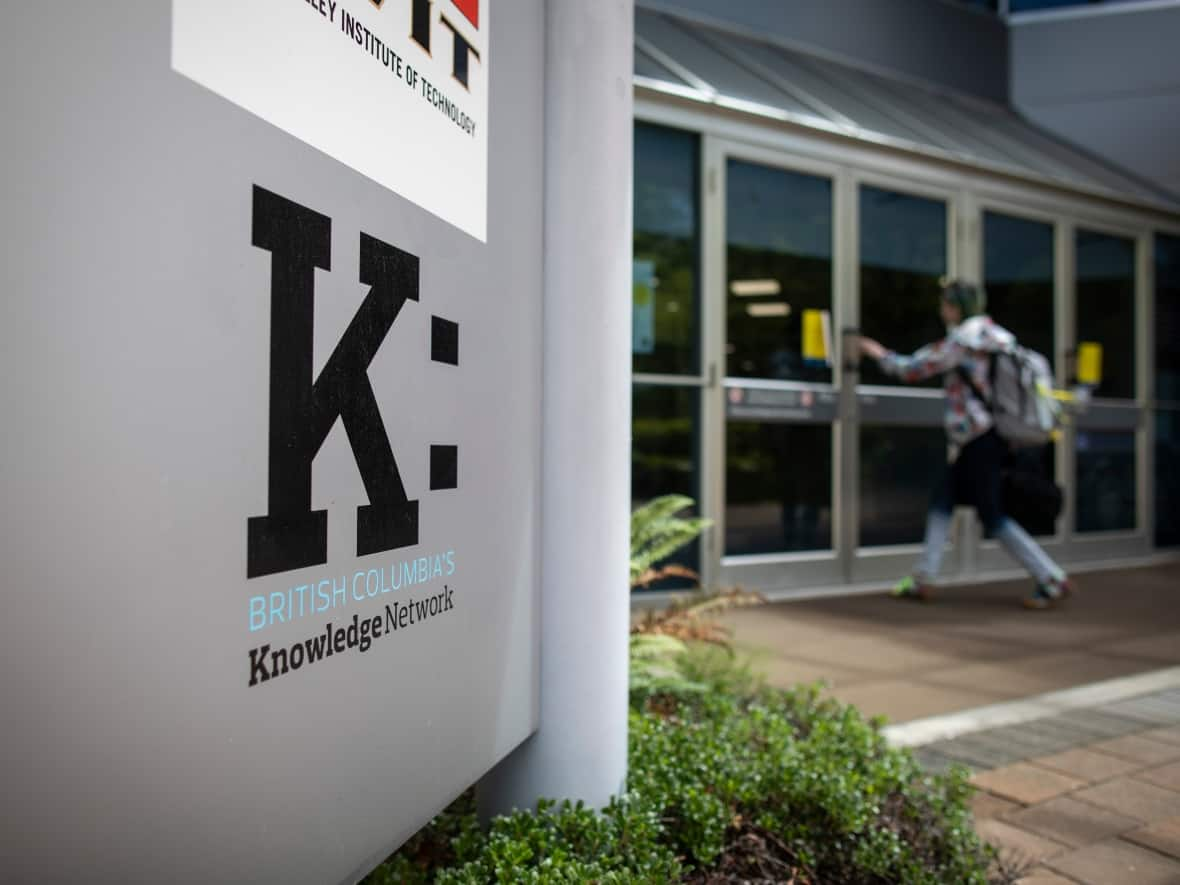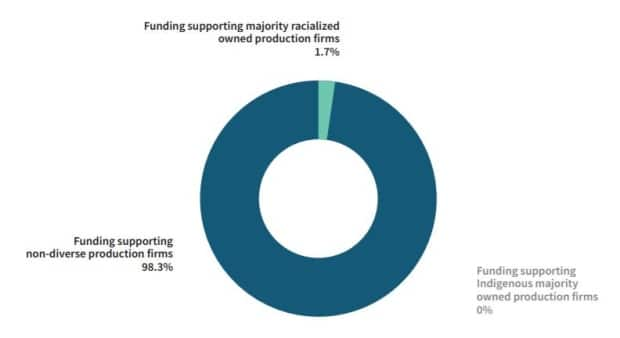Knowledge Network drops longtime CEO, months after diversity audit

Knowledge Network has fired its longtime president and CEO, citing the need for the organization to "evolve" after an audit this year found major gaps in the amount of production money offered to producers of colour compared to white ones.
The network confirmed Rudy Buttignol's dismissal in statement on Friday. The announcement did not directly mention the racial equity audit published in February, but said the board was looking to grow.
"The board has determined that now is the time for renewal as it considers the future and how best to move the organization forward," read the message from the network's board.
"The board is looking at new opportunities to build on Knowledge Network's success as the organization evolves and adapts to changes in the broadcast industry and the changing needs of British Columbians."
Buttignol's departure is effective June 30. In an email to CBC on Friday, he said he would not be commenting on his dismissal.
The audit this year found Knowledge Network spent more than 98 per cent of its pre-licence funding — money set aside to kick start original programming in exchange for first broadcasting rights — on production companies with what were described as "non-diverse" owners over the previous seven years.
That left just 1.7 per cent of the funding for production companies owned by people of colour, and nothing for Indigenous-majority-owned companies.

Knowledge Network, which has been B.C.'s free public broadcaster since 1981, is funded by an annual operating grant from the provincial government along with more than 40,000 individual donors. Its commercial-free programming, which is available via cable and streaming, ranges from documentaries and dramas to children's shows.
Buttignol told CBC in February he had "major reservations" with the audit's findings, but recognized the network had "a lot of work to do."
He said the network's focus until last year was to look at diversity within a project's creative leaders — directors and writers, for instance — not a production company's corporate ownership.
The audit and Buttignol's response prompted an open letter and petition from several producers in B.C. calling for his replacement.
'It's a shame it went this way'
Nilesh Patel, a documentary filmmaker and executive director of Racial Equity Screen Office, said Buttignol's departure was expected but "disappointing."
"The board lost confidence, clearly, in Rudy's ability to take on this transformational change," Patel, who did not co-author the open letter, said in an interview Friday.
"Rudy has so much experience and so many relationships in a really insular industry in Canada and so much knowledge. ... If he had been able to do this work, it would've been very helpful for bringing racial equity into this organization.
"It would've been the best of both worlds ... it's a shame it went this way."
In response to the audit, the network said it would commission 50 per cent of its feature documentaries and shorts over the next three years from independent, Black and people of colour-led production companies, and over 25 per cent of those films from B.C.-based independent Indigenous production companies.
Buttignol had been the network's president and CEO for 15 years. The network said it will begin "a comprehensive, national recruitment process" in July to find his replacement.
Patel said it's no small hire.
"They should really be focused on looking at somebody who has the qualifications for the mandate of racial equity ... along with the pragmatics of hiring a person who fits the role of a CEO of a public broadcaster," he said.
"They should be more careful than just going to a headhunter."


